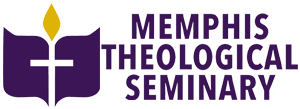The Certificate in Religion and Practical Theology is designed to equip students, ministry leaders, and laypeople with essential tools for impactful service. This program emphasizes the interplay between theological reflection and ministry practices within a variety of contemporary settings. By engaging with real-world challenges faced by churches and communities, this curriculum empowers individuals to foster meaningful change and effectively address societal needs through their faith and leadership.
The Curriculum
Classes in the Religion and Practical Theology certificate program are eight weeks long and will meet online once a week for 2 hours. We will offer classes Monday through Thursday and Saturday mornings. The program consists of 15 credit hours (5 courses). Once a student completes 15 hours (equivalent to five courses), they graduate with a certificate.
Program Details
- 8-week curriculum with weekly interactive sessions led by experienced scholars and practitioners.
- Focus on the intersection of rhetoric, race, religion, and practical theology to address current societal challenges.
- Opportunity to engage deeply with pressing issues—such as the role of religion in racial justice movements, preaching traditions, and cross-cultural ministry.
- Ecumenical and inclusive outlook welcoming participants from all backgrounds.
- Completion confers a certificate recognized by Memphis Theological Seminary, signifying advanced understanding and practical skill in the field.
Spring 2026 Course Schedule
February 2, 2026 – March 28, 2026 | Each course meets once a week for 8 weeks (2 hours) Deadline to apply: January 26, 2026
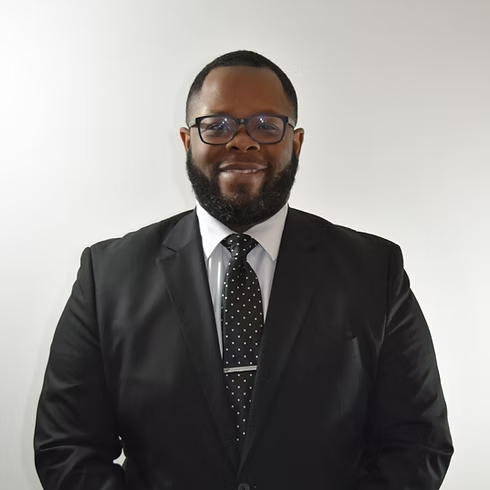
Mondays: Dr. Marco McNeil
A Framework for Relational Leadership in Ministry
This course equips students with theological, relational, and strategic tools for building transformational leadership within congregations and communities. Drawing from biblical models, community organizing frameworks, and practical ministry experience, students will explore how relational power, asset-based thinking, shared vision, and leadership pipelines contribute to sustainable and impactful ministry.
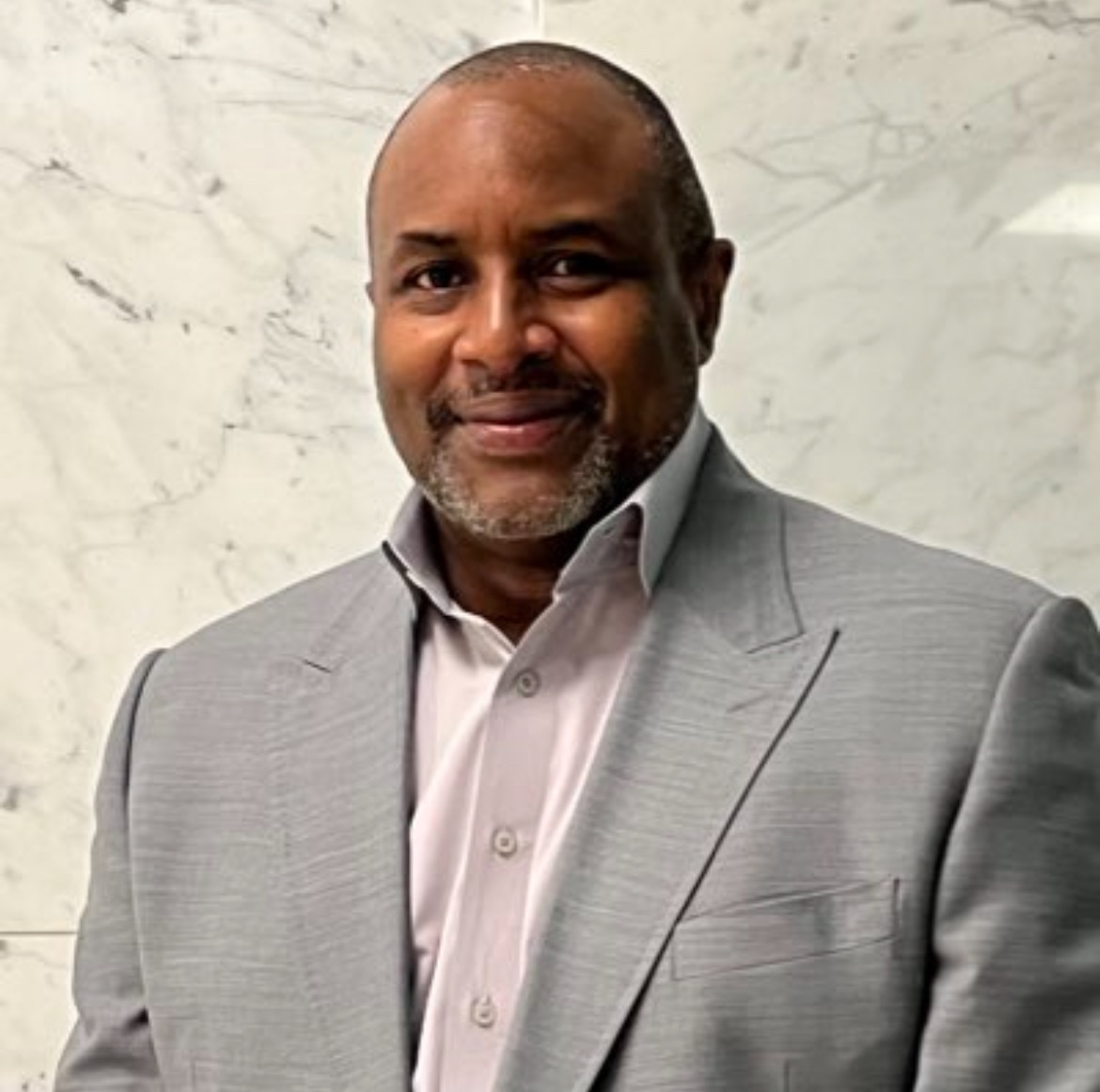
Tuesdays: Dr. Andre E. Johnson
Lessons from the Civil Rights and Black Power Movements
Students will engage in a viewing of season two of the award-winning Eyes on the Prize series, with a particular focus on the Civil Rights and Black Power Movement (1964-1980). Building on an analysis of communication theories and social movements, this course explores the contributions of significant individuals to public expressions of Christian faith. Life stories, civil religion, and the use of the Bible and other sources will serve as a basis for reflecting on issues in contemporary public theology.
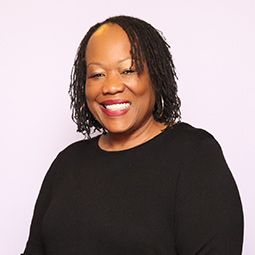
Wednesdays: Dr. Annette Madlock
God’s Word for Healing and Self-Care – Vision Edition: A Journey to Wholeness
This course explores healing, wellness, and holistic self-care through biblical reflection, guided prayer, and interactive exercises grounded in Christian theological principles. Drawing from the Vision Edition of God’s Word for Healing and Self-Care, participants will examine scriptural insights into emotional, spiritual, and physical wholeness while cultivating faith-based practices for personal and communal transformation. Rooted in African American spiritual traditions and culturally responsive pedagogy, this course creates space for theological reflection, embodied healing, and community-based support.
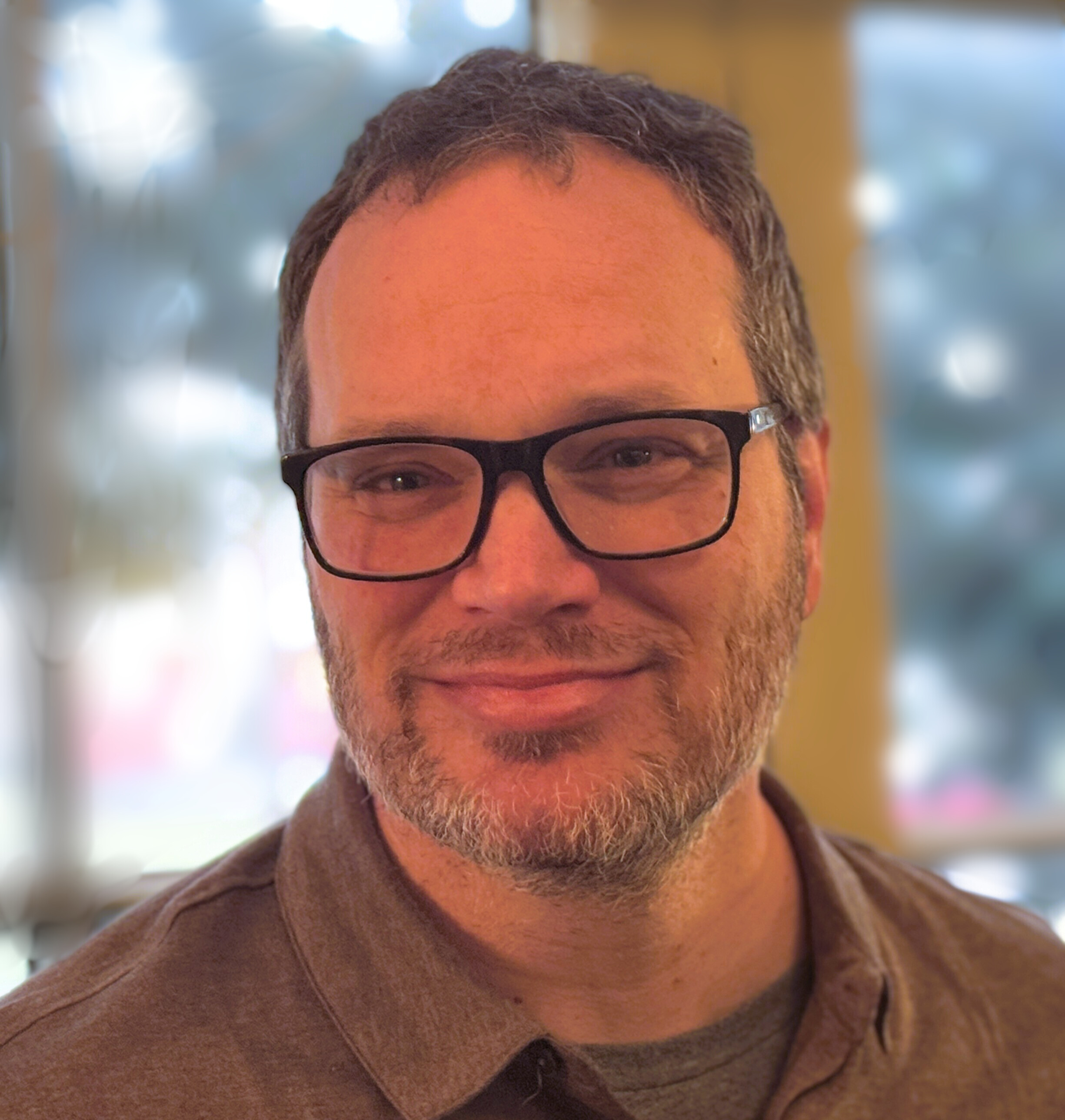
Thursdays: Dr. Tom Fuerst
Theological Foundations and Practices of Liberation
This course explores the theological, biblical, and ethical foundations for liberating white people from the idol of whiteness through active solidarity with communities of color. Liberation from whiteness is not simply about self-examination; it is about discipleship into new practices of community, justice, and love. Students will read scripture, liberation theology, and critical whiteness studies. They will also engage in solidarity practices—such as accompaniment, protest chaplaincy, mutual aid, and reparations work—as part of their theological formation.
Course costs
Certificate is $430 per course. Students will plan on spending $2,150 for the entire certificate program.
Click icons below to apply or for more information.
